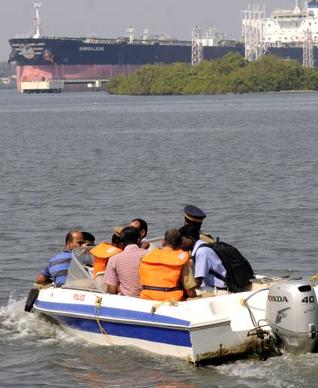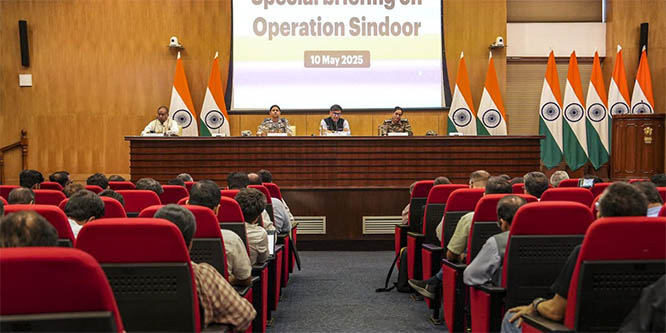
But a Bench of Justices R.M. Lodha and H.L. Gokhale directed them to make themselves available whenever they were required by Indian authorities during the investigation into the shooting and prosecution of the two marines, who are in judicial custody.
Setting aside the Kerala High Court's order restraining Enrica Lexie from leaving India, the Bench directed the ship owner to execute a bond for Rs. 3 crore before the Registrar-General of the High Court as a surety for the presence of the crew and the vessel whenever required.
“In view of the clear position taken by the Kerala government that [the] vessel was not [the] object of [the] crime, nor [do the] circumstances create suspicion of offence by the vessel, the seizure of [the] vessel cannot legally stand. In view thereof, the entire reasoning given by the Division Bench of the High Court does not survive. So, the order has to go,” the Bench said.
It directed that the crew members make themselves available before the authorities within five weeks of receiving summonses or notice from Indian agencies. It also ordered that the vessel be brought before the legal authorities within seven weeks of receiving summonses or notice.
The Bench made it clear that its order would not affect the Kerala government's right to conduct the investigation and the prosecution of the two marines.
At the start of the proceedings, the Italian government said the incident was related to the affairs between two sovereign nations and assured the court that its marines would be available whenever they were required. But the Centre and the Kerala government vehemently objected to the submission, after which Italy modified its views on some issues.
The court also made it clear that it was not going into the legality of the agreement between the foreign government and the family members of the deceased fishermen.








Comments
Add new comment